A few words from us to help you understand what you can and should do in the first few days after your loved one dies and before the appointment of a Personal Representative – previously called an executor.
Every estate is different, and every family is different. Therefore, other issues may come up that are not covered here or which must be handled differently. We can assist you through every stage of this process, including any nuanced things that come up along the way.
We recently held a FREE webinar on this topic. If you would like to watch the full webinar recording, you can do so on YouTube.
What can or should I do immediately?
Colorado law prevents us from filing for probate until five (5) days after your loved one dies. However, there are things that you can and should do now to protect and secure the estate and prepare for probate. These activities should be completed by you or a neighbor if you can’t be there. We have a briefer version of this list as a download for you to use.
1. Check on pets and make arrangements for their care. Ensuring that pets are well is not only the right thing to do but also a legal obligation in many places. Neglecting pets can result in legal penalties.
2. Change the locks on the house and adjust the heating/cooling. This helps prevent potential theft or vandalism while it is empty. If you know how, adjust the heating/cooling. Changing the heating/cooling settings helps maintain the condition of the house. It also helps prevent problems such as mold or extreme temperatures that could damage belongings. Do not remove anything except items that could go bad like food and plants. Leaving everything in its place, except perishable items like food and plants, preserves the person’s belongings until decisions can be made about what to do with them. This is especially important if the property will be empty for a long time. Consider taking a video recording or photographs of the state of the house. A video or photos can be helpful for insurance purposes, assessing any damages, or resolving disputes later down the line.
3. Locate a will, codicils, trust, and other estate planning documents, if any exist. It is okay if you cannot find these, but we want to try to locate them if they are there. If the person named a Personal Representative in their estate planning documents, these individuals are responsible for carrying out the instructions outlined. Locating these documents is essential to ensuring that they understand their responsibilities and can begin the probate administration process.
4. Notify the decedent’s employer, family, and friends of your loved one’s death. Informing the decedent’s employer means they can do things like stop employment benefits, finalize payroll, and make sure that any outstanding work-related issues are addressed. It also allows the employer to communicate with other employees as necessary.
5. Arrange and pay for the funeral, memorial, cremation, etc. Keep all records of payments; you can be reimbursed for this expense from the estate. Funeral arrangements involve legal and financial considerations. Keeping detailed records of expenses associated with the funeral is also essential for estate administration.
6. Order death certificates (generally, we find that ten (10) is enough). They are required for various legal purposes, like closing bank accounts, transferring ownership of assets, filing life insurance claims, and starting the probate process. Without death certificates, you may have difficulties in proving your loved one’s death and completing the necessary legal steps.
7. Select your team of professionals (lawyer, CPA, real estate agent); select a bank for the estate account(s). Having a team of professionals provides a valuable perspective and support system during this difficult time.
8. Check on the house from time to time to ensure it is secure, clean, watered, etc. Neighbors can be helpful with this. Collect, but do not open, any mail. Regular checks on the house can help identify and address any issues quickly, preventing potential damage due to leaks or pests. Acting quickly can reduce risks and preserve the property’s condition, cutting the likelihood of costly repairs or extensive damage. Many insurance policies also require that vacant properties be regularly inspected and maintained to remain valid so it’s important to fulfill the policy so it doesn’t become void.
9. Pay any important and known bills (keep all records; you can be reimbursed). Promptly settling bills helps prevent the build-up of debt and protects the person’s assets. It makes sure that the estate remains stable during the settlement process. Clearing known bills simplifies the estate administration process by providing a clear picture of the decedent’s financial obligations.
10. Compile critical personal information. This includes names, addresses, and phone numbers of a spouse or partner in a civil union, children of the decedent, children of the spouse who are not children of the decedent, or anyone named in a will, codicil, or trust.
11. Compile a list of assets owned by the decedent along with their approximate value. It is okay if this list is inaccurate or incomplete, just give it your best effort. The list serves as a starting point for settling the estate, providing an overview of the decedent’s assets and their value. This information is vital for accurately assessing the estate’s worth, working out the distribution of assets to beneficiaries, and fulfilling any remaining financial obligations.
If you have any questions about what should happen after a loved one’s death, please give us a call on 720 457 4573, or email info@rockymtnelderlaw.com.
